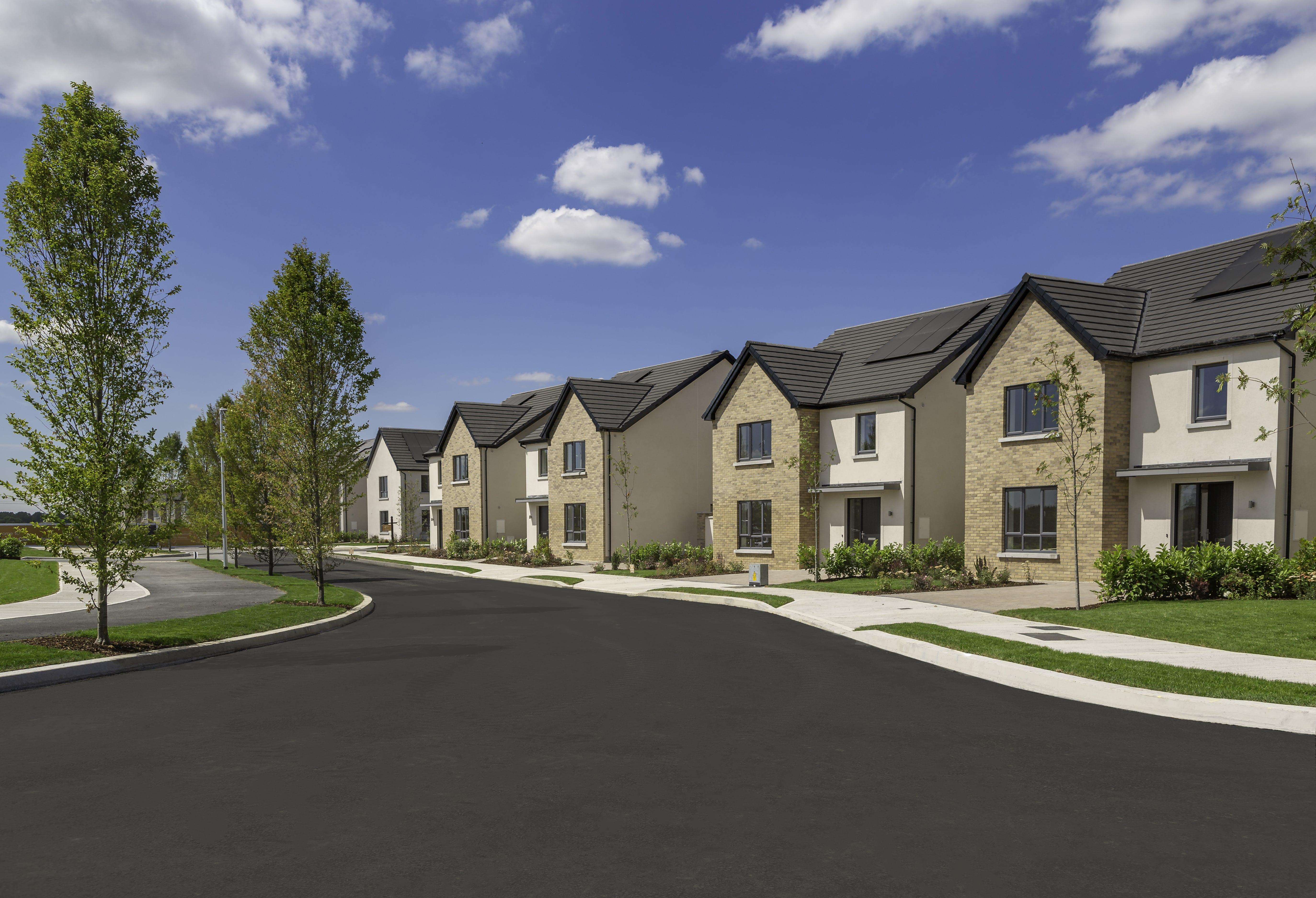Dublin Affordable Housing Game Report: Session 2

The document titled “Dublin Affordable Housing Session 2 Game Report” provides insights into the discussions and outcomes from a workshop focused on addressing the affordable housing crisis in Dublin. It highlights various strategies, stakeholder perspectives, and potential solutions aimed at improving housing accessibility for residents in need.
Overview of the Workshop
The workshop brought together key stakeholders, including policymakers, housing experts, community representatives, and developers, to engage in collaborative discussions about affordable housing. The primary goal was to explore innovative solutions and share best practices to tackle the ongoing housing challenges in Dublin.
Key Issues Identified
The report outlines several pressing issues contributing to the affordable housing crisis:
- Rising Demand: Dublin’s population growth has led to an increased demand for housing, particularly affordable options for low- and middle-income families.
- Supply Constraints: There is a significant shortage of affordable housing units due to high construction costs, land prices, and bureaucratic hurdles that delay project approvals.
- Social Inequality: The lack of affordable housing exacerbates social inequalities, forcing many families into precarious living situations or homelessness.
Stakeholder Perspectives
Participants shared diverse viewpoints on the challenges and potential solutions for affordable housing:
- Government Representatives: Emphasized the need for comprehensive policies that support affordable housing development. They highlighted initiatives like the Naya Pakistan Housing Program as a model for public-private partnerships.
- Developers: Discussed the importance of reducing regulatory barriers and streamlining planning processes to encourage investment in affordable housing projects.
- Community Advocates: Stressed the need for community engagement in the planning process to ensure developments meet local needs and foster a sense of ownership among residents.
Innovative Solutions Proposed
The report outlines several innovative strategies proposed during the workshop:
1. Modular Construction
Participants discussed the benefits of modular construction techniques, which can significantly reduce building time and costs. This method allows for quicker delivery of housing units while maintaining quality standards.
2. Public-Private Partnerships
Collaborative efforts between government entities and private developers were identified as crucial for increasing the supply of affordable homes. These partnerships can leverage resources and expertise from both sectors to expedite project delivery.
3. Flexible Zoning Regulations
Adjusting zoning laws to allow for higher-density developments can create more opportunities for affordable housing. Participants advocated for policies that support mixed-use developments, integrating residential units with commercial spaces.
4. Community Land Trusts
The concept of community land trusts was introduced as a way to ensure long-term affordability. By acquiring land and holding it in trust, communities can develop housing that remains affordable over time.
Implementation Challenges
While several solutions were proposed, participants acknowledged various challenges that could hinder implementation:
- Funding Limitations: Securing adequate funding for affordable housing projects remains a significant barrier.
- Political Will: Sustained political commitment is necessary to prioritize affordable housing amidst competing interests.
- Community Resistance: Some community members may oppose new developments due to concerns about changes in neighborhood dynamics.
Next Steps
The report concludes with recommendations for moving forward:
- Action Plans: Developing specific action plans that outline clear objectives, timelines, and responsibilities for stakeholders involved in affordable housing initiatives.
- Ongoing Collaboration: Encouraging continuous dialogue among all stakeholders to share progress, challenges, and successes in addressing the housing crisis.
- Monitoring and Evaluation: Establishing metrics to assess the effectiveness of implemented strategies and make necessary adjustments based on feedback and outcomes.
Conclusion
The “Dublin Affordable Housing Session 2 Game Report” emphasizes the urgent need for innovative solutions to address the affordable housing crisis in Dublin. By fostering collaboration among government entities, private developers, and community members, stakeholders can work towards creating sustainable and accessible housing options for all residents. The report serves as a call to action for continued engagement and commitment to tackling one of Dublin’s most pressing social issues.

Further reading:
[PDF] Housing Supply Report 2 September 2024.pdf – Dublin City Council councilmeetings.dublincity
LDA and DCC seek public’s views on delivery of 145 affordable homes in … dublincity
